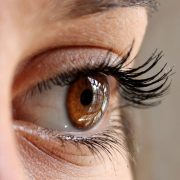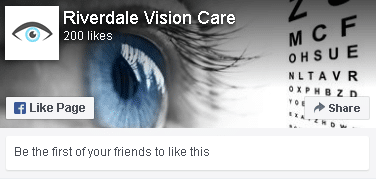Why Are My Eyes Always Red?
Red eyes are a common and often irritating issue for a surprising number of people. This condition can be caused by a variety of reasons that range from viruses, bacteria, lifestyle, workplace hazards, and even the climate. For instance, when the seasons change and the air gets chillier, your eyes may have trouble producing as much moisture as they do in wetter seasons. Conversely, when spring comes around, all that pollen often gets becomes airborne and irritates the eyes. However, some people have chronic red eyes, which can be caused by a multitude of other things.
Dry Eyes
Dry eyes is a very common reason for chronic red eyes. Dry eyes are more common as people get older. It can cause chronic redness, irritation or make it feel like something is actually in the eye. In dryer climates, individuals who are not adapted can be prone to having dry eyes and subsequent reddening of the whites of the eyes. A lot of times, artificial tears or other more aggressive types of treatment for dry eyes can help significantly. Artificial tears may also relieve redness and irritation symptoms. It’s important to note that if you suspect that you have dry eyes, you should see an optometrist. Long-term use of artificial tears can actually exacerbate dry eyes.
Inflammation
Another cause of chronic red eyes is Inflammation. Inflammation can cause the surface of the eye to swell up abnormally. This can be brought on for a variety of reasons; a common one being an allergic reaction. Individuals often end up living in a household where they are having an allergic reaction to a product or item, yet be unaware of the allergy. The next time you are with your doctor, bring up the possibility and speak to them about it.
Infection
Infection is another common cause of red eyes. If you work or spend copious amounts of time in an environment with lots of bacteria, such as a meat processing plant or a janitorial position, then it’s possible you are picking up bacteria and accidentally introducing it to your eyes. If you think this might be a contributing factor to your red eyes, pay attention to hygiene. Make sure to always wash your hands after work and at home, especially before touching your face. Even if it isn’t the sole cause, it will definitely help alleviate the irritation to your eyes.
There are other possible reasons why your eyes are always red. For a professional diagnosis, always consult with your optometrist. Lastly, if your eyes are chronically red for extended periods of time, speak to your physician, as this may be a symptom of an underlying medical condition.




